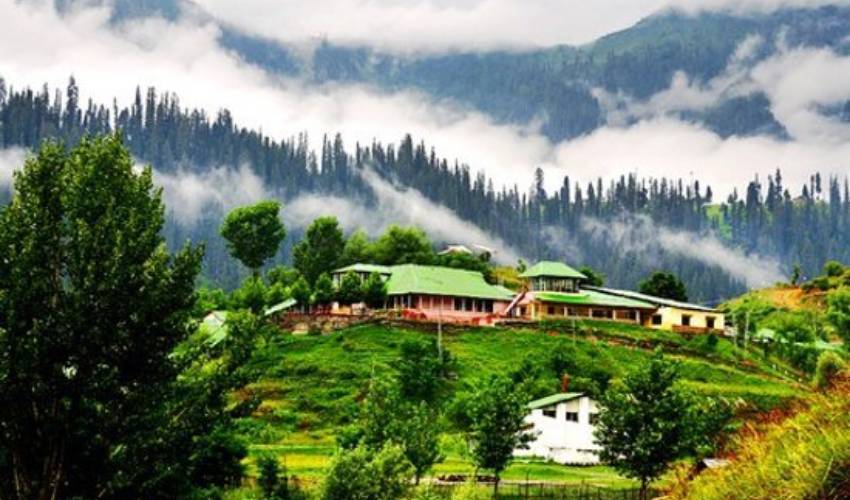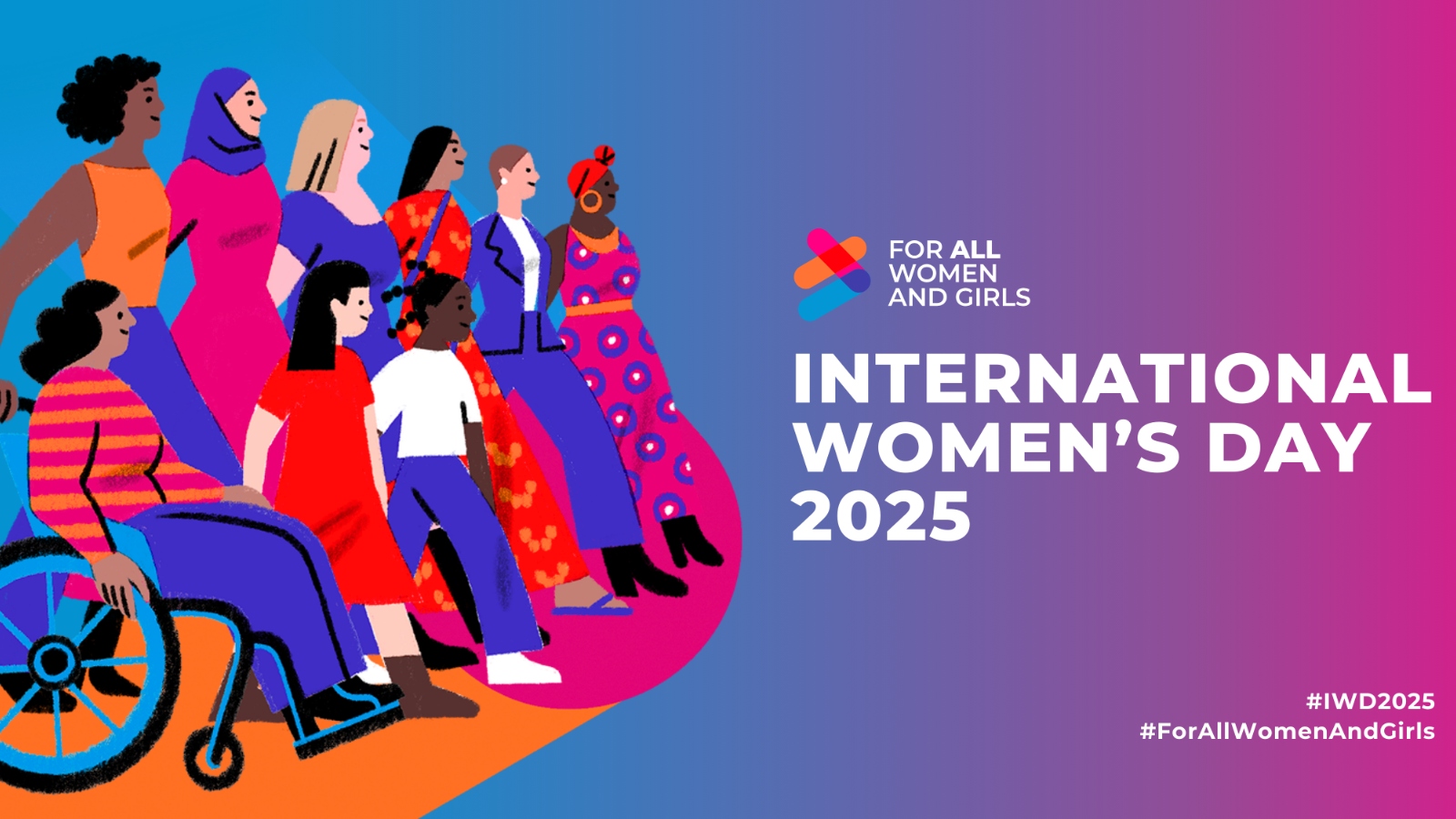Despite its immense potential, Pakistan's absence from the recent list of the top ten global tourist destinations underscores significant challenges within its tourism sector. This omission, based on a survey of 295,000 people conducted by an international magazine, highlights critical areas such as inadequate infrastructure, poor tourist services, and a lack of effective marketing strategies that showcase Pakistan’s unique attractions. Additionally, the country's tourism sector has historically been hampered by geopolitical instabilities and safety concerns, significantly reducing its appeal to international travelers.
However, with the National Investment Facilitation Council well-positioned to prioritize tourism, there lies a promising opportunity to reinvigorate this sector through concerted efforts from both the government and private investors. By addressing administrative inefficiencies and enhancing the quality of information and guidance provided to tourists, Pakistan can reposition itself as a desirable destination. This requires not just investments but also a strategic vision to elevate the tourism sector as a key driver of economic growth.
The untapped potential
Northern Pakistan is a treasure trove of natural beauty and cultural richness, offering a unique blend of landscapes, from the towering peaks of the Karakoram and Himalayas to the lush valleys of Hunza and Swat. The region is home to some of the world’s highest mountains, including K2, Nanga Parbat, and Rakaposhi, making it a haven for adventure enthusiasts. Furthermore, the cultural heritage of the region, with its diverse traditions, languages, and festivals, provides a unique experience for cultural tourists.
Despite these attractions, the region remains underexplored by international tourists. Several factors contribute to this, including limited accessibility, inadequate infrastructure, and a lack of awareness about the region's offerings. By focusing on responsible tourism, Pakistan can not only attract more visitors but also ensure that tourism development is sustainable and benefits local communities.
Infrastructure development
One of the primary barriers to tourism development in northern Pakistan is inadequate infrastructure. Poor road conditions, limited public transportation options, and insufficient accommodation facilities deter many potential tourists. To address these issues, significant investment in infrastructure is required.
Improving accessibility to northern Pakistan is crucial for boosting tourism. This involves not only upgrading existing road networks but also developing new routes to connect remote areas. The construction of the China-Pakistan Economic Corridor (CPEC) has already improved connectivity in some regions, but further efforts are needed to ensure that all major tourist destinations are easily accessible.
The availability of quality accommodation is another critical factor in attracting tourists. Currently, many areas in northern Pakistan lack sufficient lodging options that meet international standards. Encouraging private investment in the hospitality sector can help address this gap. Additionally, developing eco-friendly accommodations can attract tourists who are conscious about their environmental impact.
Improving the quality of tourist services is equally important. This includes training local guides, ensuring the availability of reliable information about tourist attractions, and enhancing customer service standards. By providing a welcoming and comfortable experience, Pakistan can encourage repeat visits and positive word-of-mouth promotion.
Effective marketing is essential to showcase Pakistan’s unique attractions to a global audience. Currently, the country lacks a cohesive marketing strategy that highlights its diverse offerings. Developing a comprehensive marketing plan that leverages digital platforms, social media, and partnerships with international travel agencies can significantly enhance Pakistan’s visibility as a tourist destination.
Leveraging digital platforms
In today’s digital age, an effective online presence is crucial for attracting tourists. Developing an official tourism website that provides comprehensive information about various destinations, travel itineraries, accommodation options, and safety guidelines can serve as a valuable resource for potential travelers. Additionally, leveraging social media platforms to share stunning visuals, travel stories, and promotional videos can create a buzz and attract the attention of international tourists.
Collaborating with travel influencers and bloggers who have a substantial following can be an effective way to promote Pakistan’s tourist destinations. These influencers can share their experiences, provide authentic reviews, and reach a wide audience that traditional marketing channels may not effectively target.
Furthermore, partnerships with international travel agencies can help in promoting Pakistan as a safe and attractive destination. These agencies can include Pakistan in their travel packages, offer guided tours, and provide necessary support to tourists, ensuring a smooth and enjoyable travel experience.
Safety concerns have been a significant deterrent for international tourists considering Pakistan as a travel destination. Although the security situation has improved in recent years, it is crucial to continue enhancing safety measures to reassure potential visitors.
Strengthening security infrastructure
Strengthening security infrastructure in tourist areas is essential for ensuring the safety of visitors. This includes deploying well-trained security personnel, installing surveillance systems, and establishing emergency response protocols. Collaborating with local communities to promote a sense of security and hospitality can also enhance the overall experience for tourists.
Providing accurate and up-to-date information about the security situation in various regions can help in addressing tourists' concerns. This can be achieved through official websites, travel advisories, and partnerships with international embassies. Transparency and honesty about potential risks, along with practical safety tips, can build trust and confidence among potential visitors.
Responsible tourism is key to ensuring that tourism development is sustainable and benefits local communities. This involves adopting practices that minimize negative impacts on the environment, respect local cultures, and contribute to the economic well-being of host communities.
Northern Pakistan's pristine natural environment is one of its biggest assets. Ensuring that tourism development does not harm the environment is crucial for maintaining the region's appeal. This can be achieved through initiatives such as promoting eco-friendly accommodations, encouraging responsible waste management practices, and educating tourists about the importance of preserving natural resources.
Cultural sensitivity
Respecting and preserving the cultural heritage of local communities is another important aspect of responsible tourism. This involves promoting cultural exchange, supporting local artisans and businesses, and ensuring that tourism activities do not disrupt traditional ways of life. By fostering mutual respect and understanding, tourism can become a positive force for cultural preservation and enrichment.
Engaging local communities in tourism development can ensure that they benefit economically from tourism activities. This can be achieved through initiatives such as training local guides, promoting locally-owned businesses, and involving communities in decision-making processes. By creating opportunities for local employment and entrepreneurship, tourism can contribute to the economic development of the region.
The National Investment Facilitation Council (NIFC) has a crucial role to play in prioritizing and promoting tourism in Pakistan. By facilitating investment in infrastructure, supporting marketing efforts, and coordinating with various stakeholders, the NIFC can drive the development of a vibrant and sustainable tourism sector.
Attracting investment in the tourism sector is essential for addressing infrastructure gaps and enhancing the quality of tourist services. The NIFC can play a pivotal role in creating a conducive environment for investment by offering incentives, streamlining regulatory processes, and providing support to investors.
Coordinating efforts among various stakeholders, including government agencies, private investors, and local communities, is crucial for the successful development of tourism. The NIFC can facilitate collaboration and ensure that tourism development is aligned with national and regional goals.
Implementing a strategic vision for tourism development requires a long-term commitment and a clear roadmap. The NIFC can lead the development of a comprehensive tourism strategy that outlines key priorities, sets measurable goals, and identifies the necessary resources and actions required to achieve them.
Pakistan's northern regions offer immense potential for tourism, with their breathtaking landscapes, rich cultural heritage, and unique experiences. However, realizing this potential requires addressing critical challenges such as inadequate infrastructure, poor tourist services, and safety concerns. By investing in infrastructure development, enhancing marketing efforts, addressing safety issues, and promoting responsible tourism, Pakistan can reposition itself as a desirable destination for international travelers. The National Investment Facilitation Council, along with concerted efforts from the government and private investors, has a crucial role to play in driving this transformation. With a strategic vision and commitment to sustainable development, Pakistan can elevate its tourism sector as a key driver of economic growth and showcase its unique attractions to the world.



























